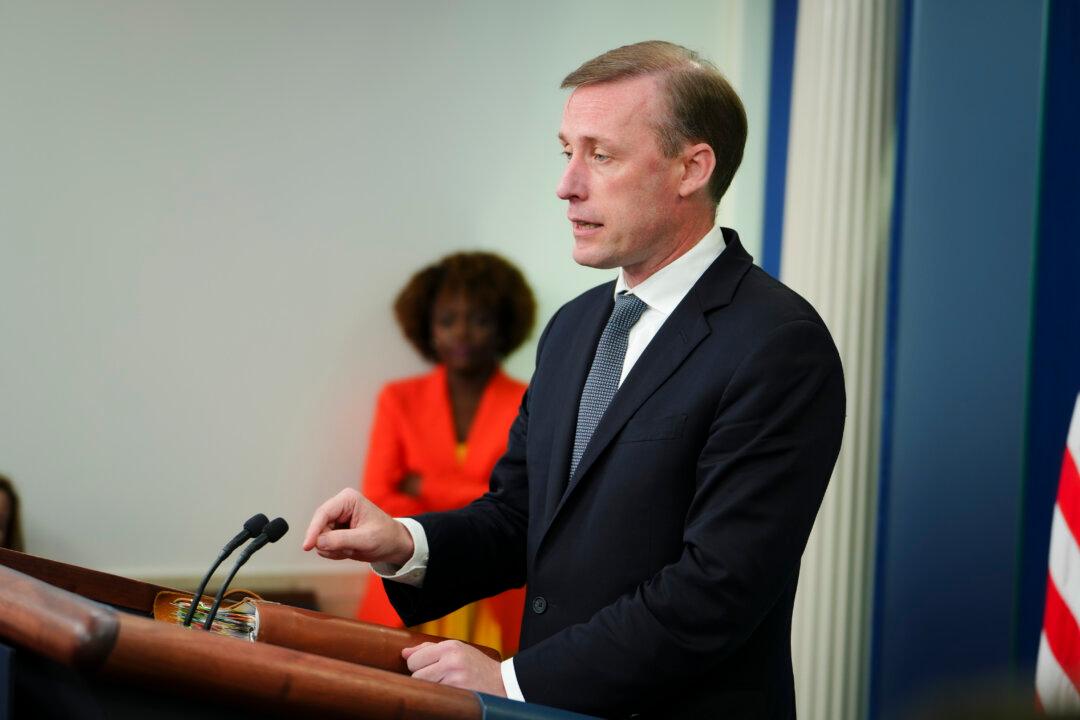The United States and Israel aren’t sure how many hostages taken by Hamas last month “are still alive,” White House national security adviser Jake Sullivan said on Nov. 12.
During an appearance on ABC News’ “This Week,” Mr. Sullivan said the United States is still working to release nine American citizens and one U.S. green-card holder who are suspected to have been captured by the State Department-designated terrorist group.





